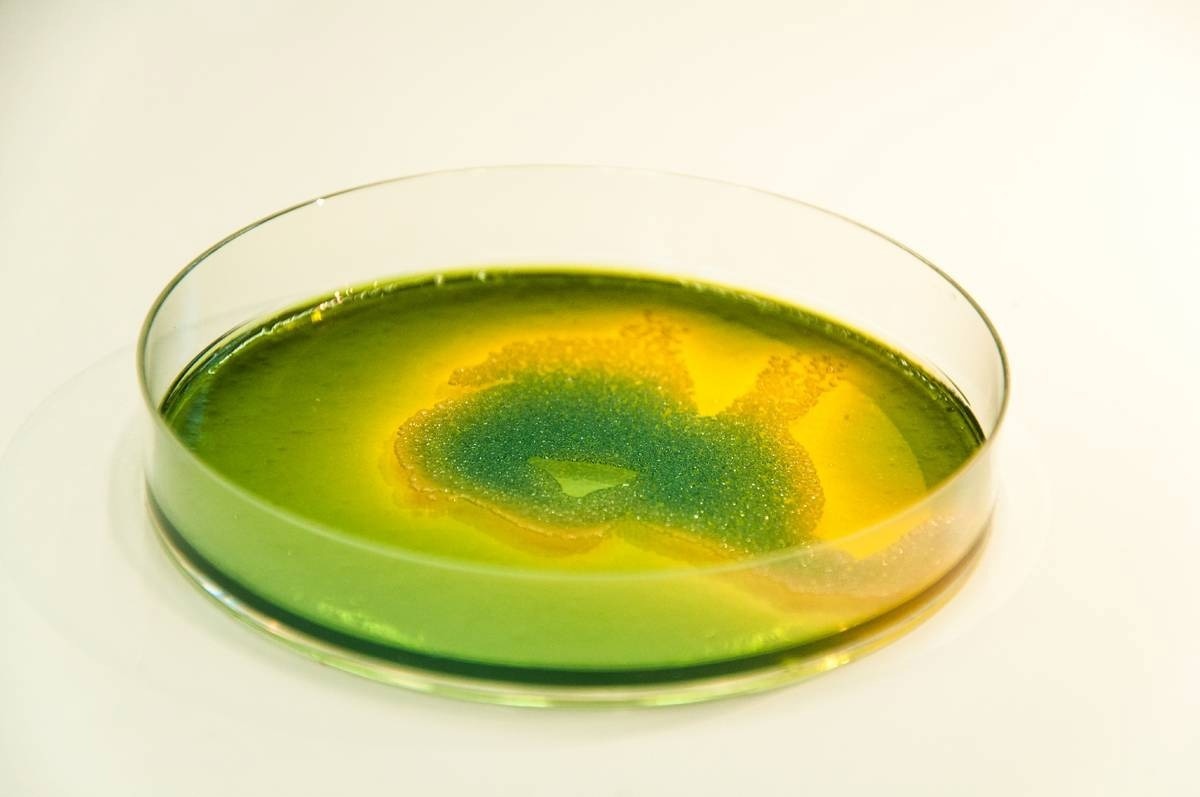Rising water temperatures due to climate change are expected to impact the proliferation of ocean pathogens, potentially leading to an increased presence of bacteria harmful to humans.
 Cultivated Vibrio bacteria. Image Credit: Tina Wagner
Cultivated Vibrio bacteria. Image Credit: Tina Wagner
In response to this concern, the Alfred Wegener Institute spearheads the collaborative initiative PrimePrevention. This project aims to develop innovative tools that enhance societal awareness of these biological hazards and work towards preventing or mitigating their adverse effects.
As part of the German Marine Research Alliance's third research mission, mareXtreme, PrimePrevention is one of four projects undertaken. Funding for mareXtreme, totaling approximately 20 million euros, is provided by the Federal Ministry of Education and Research (BMBF) and the science ministries of northern German states (Bremen, Hamburg, Mecklenburg-Western Pomerania, Lower Saxony, Schleswig-Holstein), with five million euros allocated specifically for PrimePrevention.
As ocean temperatures escalate, the likelihood of various microorganisms harmful to humans and ecosystems proliferating in significant quantities in the North and Baltic Seas increases. This occurrence, typically associated with tropical regions, has become a concern in these northern waters.
Research conducted at the Alfred Wegener Institute indicates that during mild summers, bacteria of the Vibrio genus are present in minimal quantities in seawater. However, in response to heat waves, their growth can surge, especially when the water temperature surpasses 22 ºC—an increasingly probable scenario due to climate change. These pathogenic microorganisms, known as "vibrions," have the potential to induce gastrointestinal disease or severe inflammation.
We can’t yet reliably gauge or predict the threat posed by pathogenic vibrions and other microorganisms harmful to the health of humans and ecosystems, or their negative economic impacts on Europe. As such, I’m very pleased that we can now address the topic in PrimePrevention.
Dr. Katja Metfies, Molecular Ecologist, Alfred Wegener Institute, Helmholtz Centre for Polar and Marine Research
Dr. Katja Metfies leads the joint project.
The primary aim of the research consortium is to deliver technology- and data-driven suggestions for early-warning systems and information chains, aiming to minimize the impact of marine biological hazards.
The project intends to supply political decision-makers and society with the necessary technological and scientific foundation to formulate tailored marine monitoring and assessment strategies. Over 30 experts in monitoring sensors, social research, and microbiology will actively contribute to this initiative.
For the success of this endeavor, understanding potential biological hazards in the ocean is crucial. The research team will integrate cutting-edge technologies for identifying marine microorganisms with the latest molecular-genetic analysis methods employed in environmental observations, leveraging medical diagnostics and forensics advancements.
PrimePrevention will utilize various complementary methods, including Next-Generation Sequencing, molecular sensor technologies, and quantitative polymerase chain reaction (PCR), to analyze the composition of marine eukaryotic microorganisms across diverse environmental samples.
Moreover, the team will create modular, distributed monitoring systems with varying degrees of complexity, spatial coverage, and temporal scope to attain intelligent, focused measurements in the field.
This approach aims to guarantee the economic operability of the observational network in the future. To ensure timely dissemination of information on potential environmental hazards to the public, the project will closely collaborate with civil society, political decision-makers, government offices, and other stakeholders. It will also develop a public information system for this purpose.
Alongside biological hazards, mareXtreme, the 3rd DAM research mission, will explore additional thematic focus areas. Researchers involved will collaborate across projects, recognizing that the impacts of individual extreme events and natural hazards can be heightened when occurring simultaneously or in rapid succession, leading to interactions. Beyond marine-biological hazards, the spotlight will also be on marine geo-risks and physical-oceanographic risks.